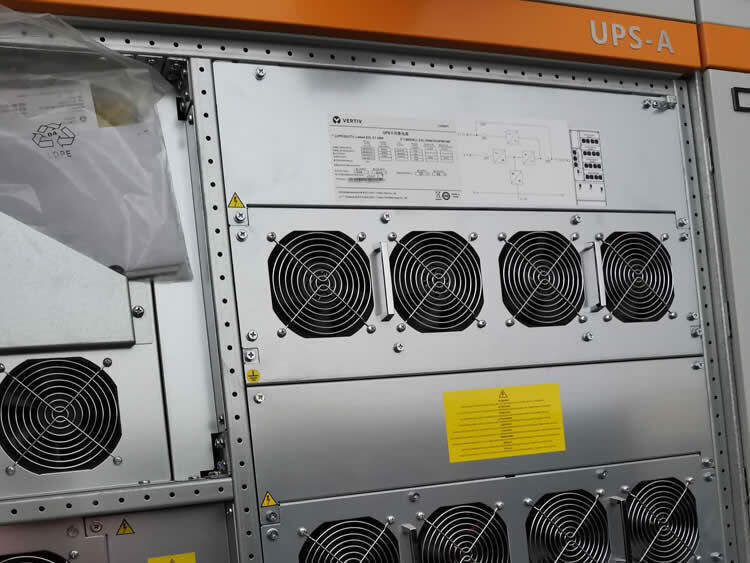This site uses cookies. Continuing to browse means you agree to our use of cookies.Cookies and Privacy Policy>![]()
This site uses cookies. Continuing to browse means you agree to our use of cookies.Cookies and Privacy Policy>![]()
Product dynamics of precision computer room air conditioning, UPS power supply, cold and warm dry wet, etc
Precision air conditioning, UPS power supply and other data center room products
Repair and maintenance of computer room air conditioning and precision air conditioning

When selecting an Uninterruptible Power Supply (UPS) for a data room, it is essential to consider multiple factors to ensure stable and reliable power support, protecting critical equipment from power-related issues. The following are some key considerations:
Load Requirement Assessment: First, determine the total power consumption of all devices connected to the UPS, including servers, network equipment, storage devices, etc. At the same time, consider potential future expansions and reserve some capacity for scalability.
Battery Runtime Capacity: Choose the battery capacity based on the specific needs of the data room and the expected duration of power outages. Calculate how long the UPS can power the equipment during a complete power failure, ensuring that this time is sufficient to perform a safe shutdown or wait for backup generators to come online.
Input/Output Voltage Specifications: Confirm whether the input and output voltage of the UPS meets local grid standards and the requirements of the protected equipment. Additionally, consider whether the UPS has automatic voltage regulation capabilities to handle voltage fluctuations.
Reliability and Redundant Design: For mission-critical data centers, it is recommended to use UPS systems with redundant designs, such as an N+1 configuration—meaning one additional unit is installed beyond the required N units to prevent system-wide failures due to single points of failure.
Manageability: Modern UPS systems often come with monitoring software that allows real-time tracking of power status, battery health, and other key metrics. These systems can also automatically execute predefined actions during power events, such as sending alerts or shutting down servers safely.
Efficiency and Energy Consumption: Choosing a high-efficiency UPS helps reduce energy consumption and operating costs, while also minimizing heat generation, which in turn reduces the load on the cooling system.
Brand and After-Sales Service: Selecting products from well-known brands ensures better quality assurance and technical support. It’s also important to understand the warranty period, repair services, and response times offered by the supplier.
By carefully evaluating the above criteria, you can select a UPS solution that best meets the needs of your data room. When necessary, consulting with professional power engineers or advisors is also a good practice.
Let me know if you'd like this translated into another language or formatted for a presentation or document!